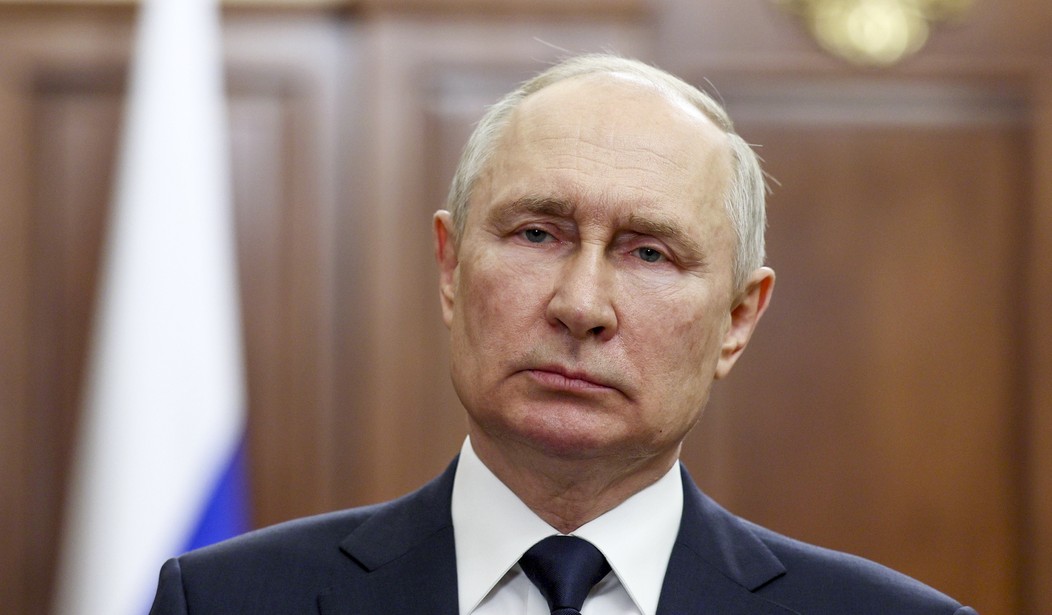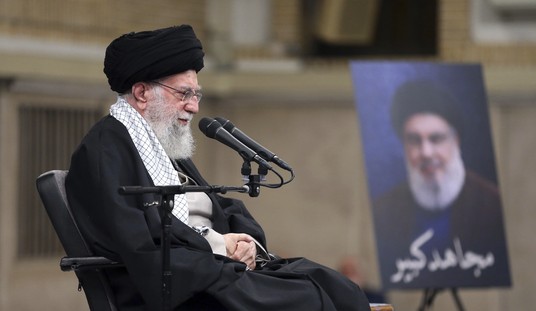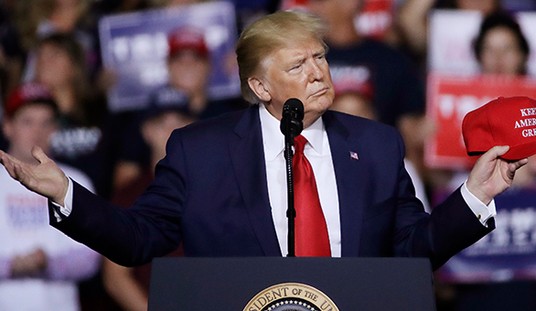In politics, the leading hyperbole almost always eclipses any real substance. This was certainly the case leading up to Tucker Carlson's astonishing interview with Russian President Vladimir Putin. The buzz and controversy surrounding the decision to grant Putin a bully pulpit was surprising. Traditional media and many politicos in the US were scared at the prospect of providing a microphone to a leader they have deemed as nothing short of evil. Instead, they should eagerly anticipate the opportunities when a powerful speech suppressor wants to try to engage in free speech.
In a global theatre painted with propaganda and talking points, the ability to engage in constructive dialogue with people holding divergent views is very rare. Further, it is often very frightening to those who want to hold onto power or seek control. Interestingly, Putin easily concedes that there is no match on earth for the US Big Tech propaganda machine! He may have been telling us the truth in that history lesson.
Among many benefits, Tucker’s interview with Putin served as a poignant reminder of the dangers of censorship and the importance of guarding against attempts to stifle dissenting voices. Our need for transparency, accountability, and the opportunity to make up our own minds has never been greater. One of many ironies worth analyzing is that Putin has significant resources, more information, and his unique freedom to speak. US Big Tech does not control what Putin says; they can only try to stop the dissemination.
Amidst the clamor and condemnation of the interview, one fundamental principle stands tall - the essence of free speech. This cornerstone of our freedom and prosperity hinges on the ability to engage in open dialogue, even with those whose views may be detestable. By affording Putin this opportunity, Tucker Carlson championed the principle, regardless of how mundane or uninspiring the interview may have seemed to some. So many questions and theories we have been fed for months were confirmed and denied in a few minutes or two plus hours at least.
Recommended
It took only moments following the release of the interview for critics to attack Carlson's approach or the perceived lack of rigor in his brilliant questioning. However, it cannot be denied that the mere act of engaging Putin in serious discourse represents a huge victory for the marketplace of ideas. Unlike the softball inquiries often lobbed at political figures, Carlson's questions delved into deep topics such as NATO, the war in Ukraine, US-Russia relations, the US dollar, China, Germany, Poland, Nuclear issues, and the Nord Stream Pipeline. Questions about his favorite ice cream flavor were omitted.
The interview offered a rare glimpse into Putin's character and mental acuity. His articulation of Russia's history challenged prevailing narratives about his physical and mental health. In the arena of free speech, the exposure of adversaries to public scrutiny often serves to illuminate the truth, allowing individuals to form their own conclusions. If you believed the mainstream media and many in our government, you would think that Putin has one foot in the grave and is panicked – instead, we have a very different picture now.
Putin's remarks on various subjects, including Elon Musk, AI, and the imprisoned American journalist Evan Gershkovich, left many pondering the intricacies of geopolitics and global affairs. It was a serious exchange.
Rather than embracing the opportunity for robust debate evident in the interview, detractors have resorted to attacking Carlson. The proposed European Union sanctions and calls for a travel ban against Carlson underscore a troubling trend of censorship and suppression of divergent viewpoints.
Moreover, the knee-jerk reactions from hawkish elements within the military-industrial complex only serve to reinforce the importance of free speech. By attempting to control the narrative and dictate what can or cannot be discussed, these actors undermine the very principles upon which the US Constitution rests.
National Security Council spokesperson John Kirby warned, "...remember, you’re listening to Vladimir Putin…You shouldn’t take it at face value; anything he has to say…." Yet, therein lies the essence of free speech: the ability to critically engage with differing perspectives and arrive at one's own conclusions, even if it requires enduring a history lesson.
Regardless of one's personal views on Putin, the interview highlighted the complexities and nuances inherent in the exercise of free speech. Despite decades of sanctions and demonization, Russia has not crumbled, and Putin remains a formidable figure on the world stage.
While the interview with Putin may have been overshadowed by controversy and criticism, its underlying significance cannot be overstated. It served as a powerful affirmation of the principles of free speech and open dialogue, reminding us of the enduring importance of engaging with diverse perspectives in pursuit of truth and understanding.
Shaun McCutcheon is a Free Speech advocate, an Alabama-based electrical engineer, the founder of Multipolar, and was the successful plaintiff in the 2014 Supreme Court case McCutcheon v. FEC.

























Join the conversation as a VIP Member